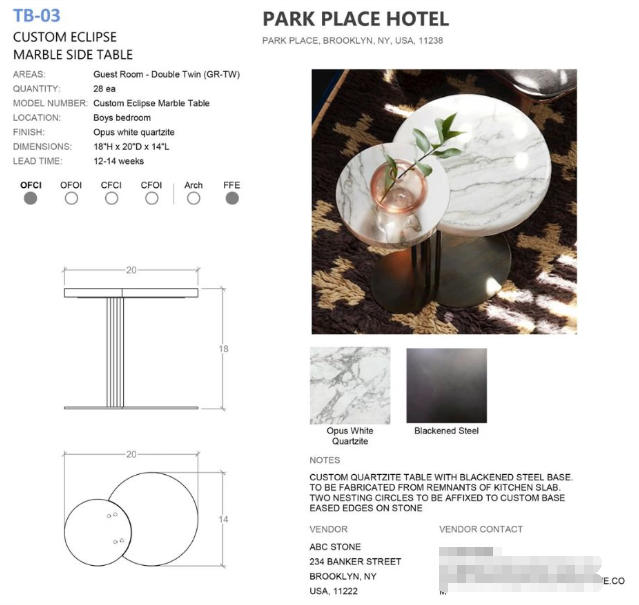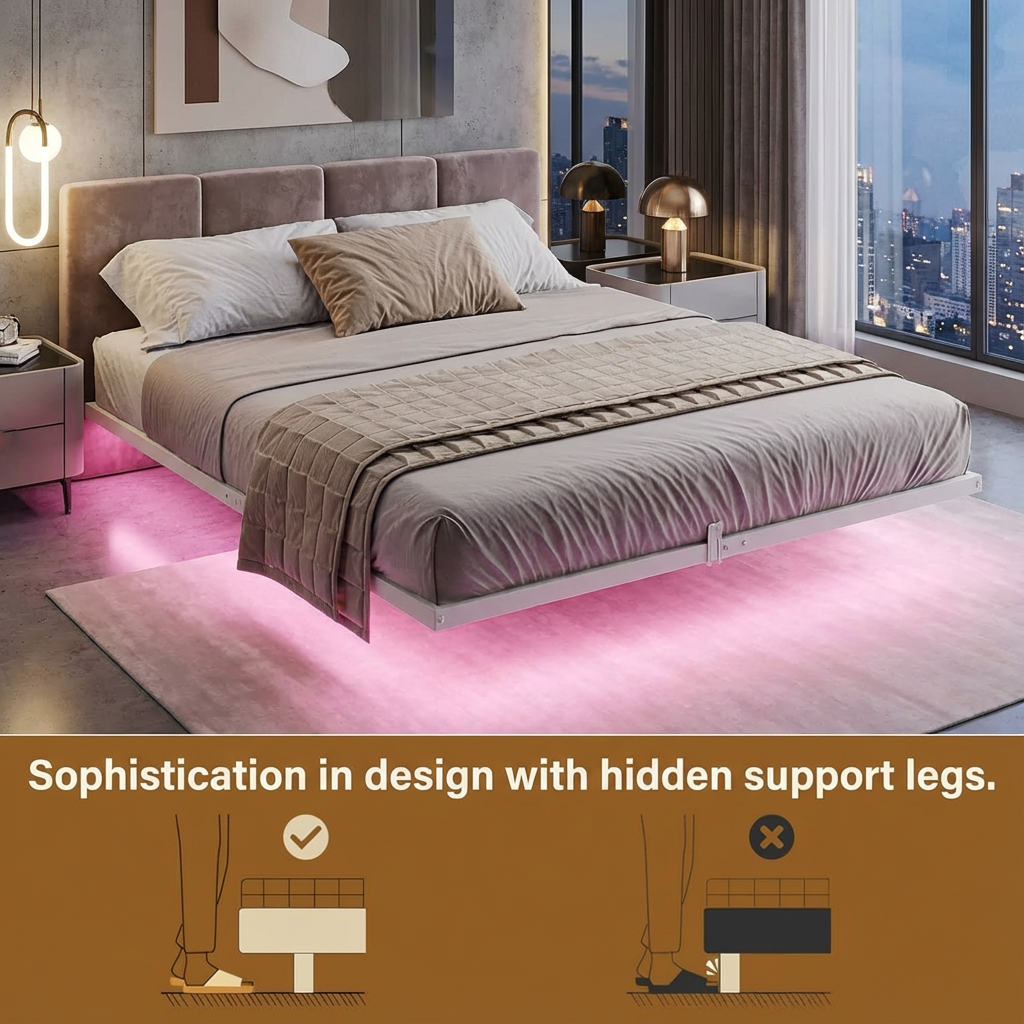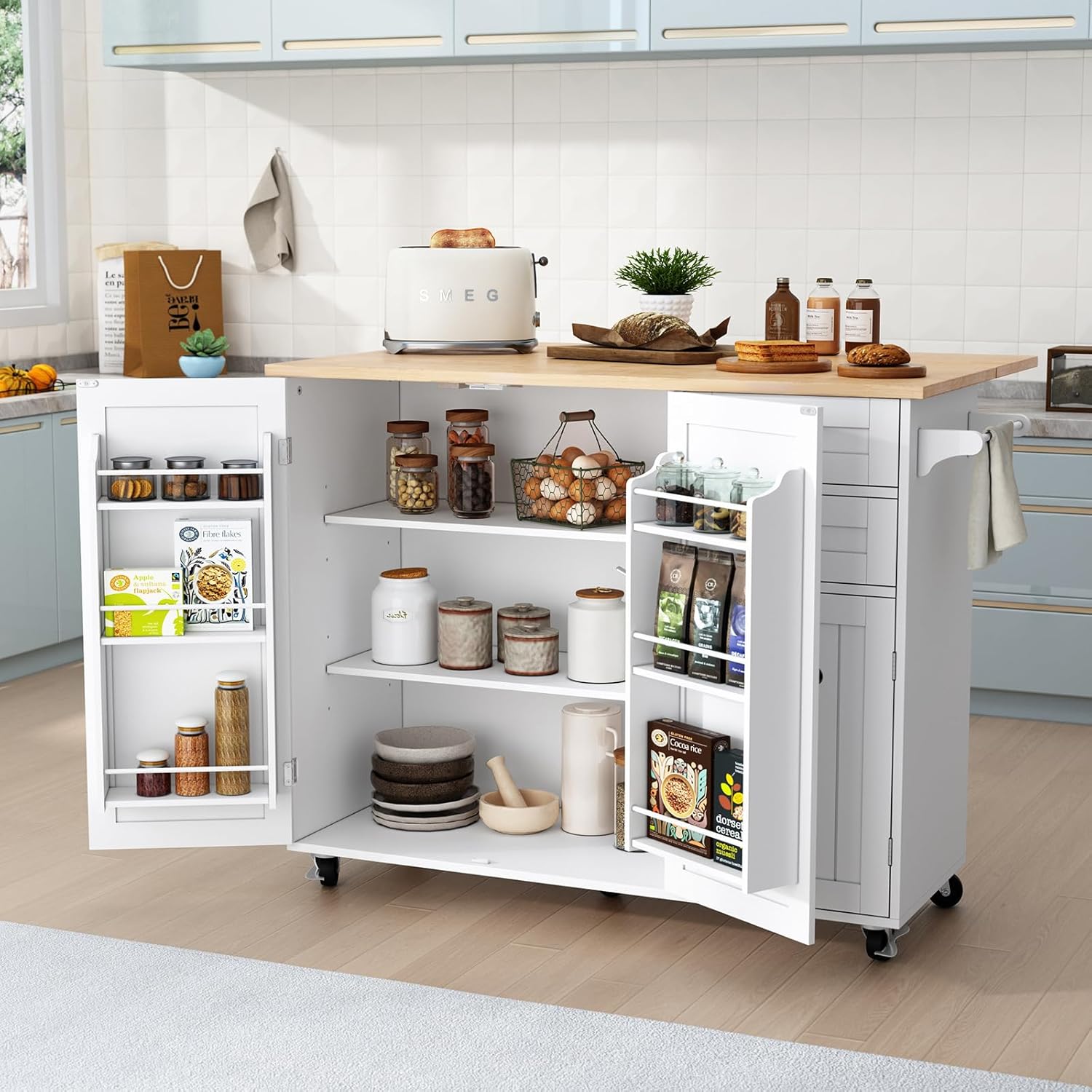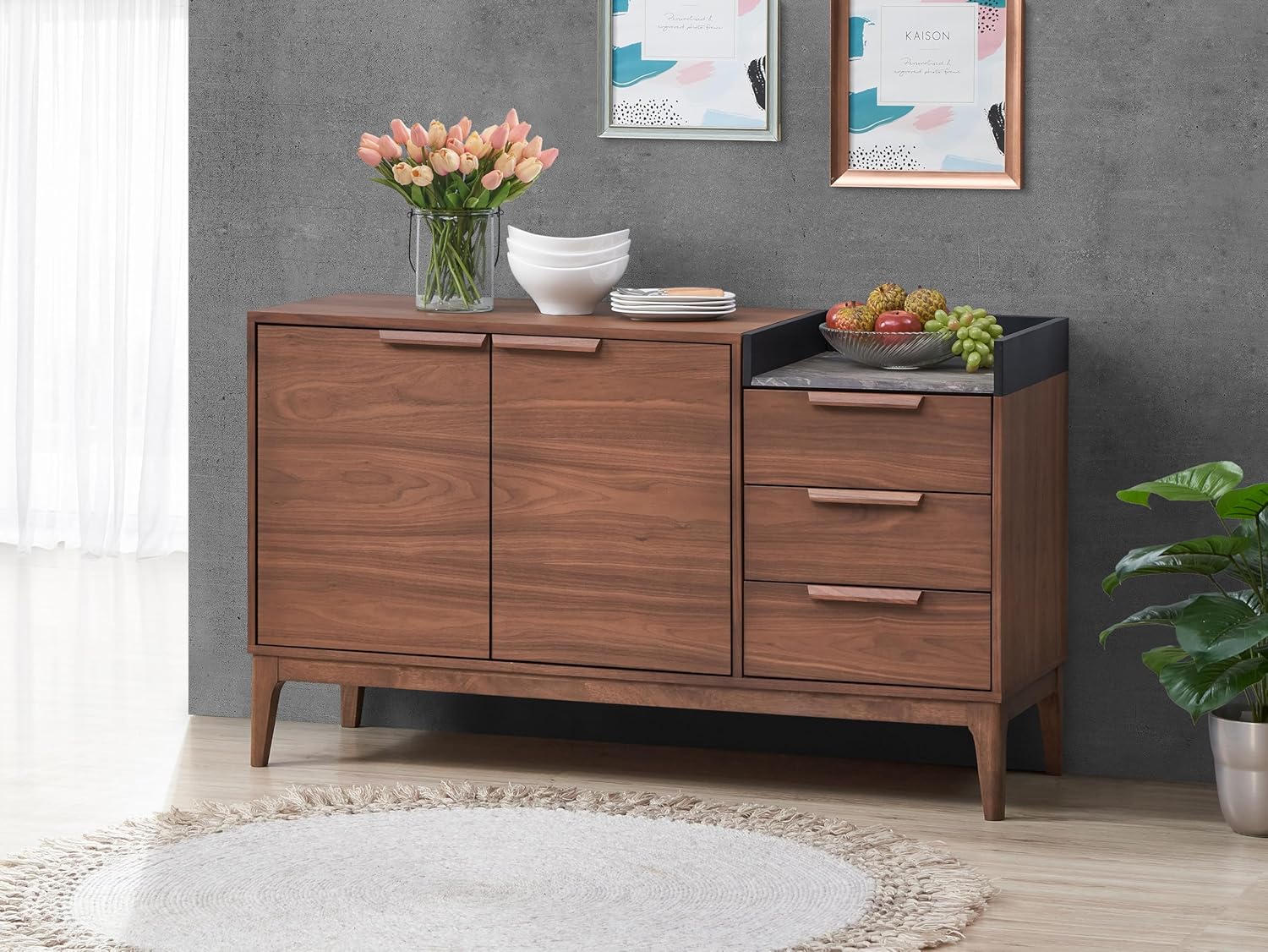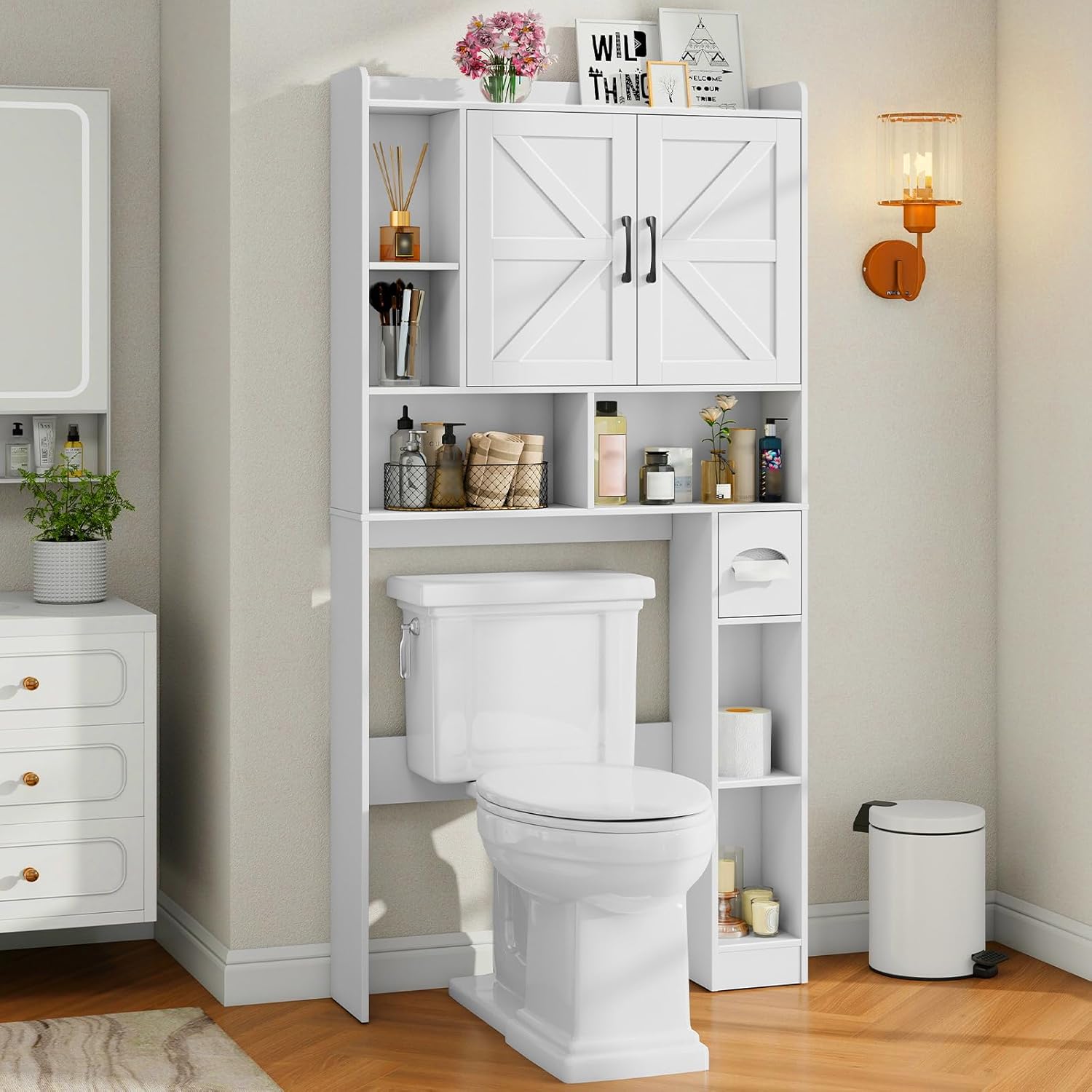In today’s furniture industry, B2B buyers are no longer satisfied with one-size-fits-all products. Whether they are online sellers, wholesalers, or retailers, companies now seek suppliers who can provide customizable furniture solutions that meet specific market trends, space requirements, and customer preferences.
1. The Shift from Standard to Personalized Solutions
In the past, bulk orders of standard furniture were the norm. However, the market has changed. Online platforms and social media have made end users more design-conscious. As a result, B2B buyers must differentiate their product lines to stay competitive.
Customizable suppliers enable them to offer unique products with flexible materials, colors, and dimensions — helping their brands stand out in crowded marketplaces.
2. Better Fit for Local Market Demands
Every market has its own style preferences. For example, North American consumers may prefer rustic steel-wood furniture, while European buyers favor minimalist and sustainable designs.
A supplier that supports customization allows B2B customers to adapt quickly to these regional trends. This flexibility reduces the risk of unsold inventory and increases the success rate of new product launches.
3. Faster Response to Trends and Projects
Commercial furniture projects, such as offices, hotels, and apartments, often require specific sizes, finishes, or functions. A customizable supplier can quickly adjust production to meet these requirements.
This agility helps B2B clients respond faster to project bids and market opportunities — a key advantage in a fast-changing industry.
4. Stronger Brand Value and Long-Term Partnership
Offering custom-made solutions helps B2B buyers build stronger relationships with their own customers. It shows professionalism and commitment to delivering what the market truly needs.
Suppliers who can collaborate on design, sampling, and packaging customization often become long-term strategic partners rather than just product vendors.
5. Technology Makes Customization Easier
Digital tools such as 3D design, online configuration platforms, and flexible manufacturing systems have made customization much more efficient.
B2B clients can now visualize furniture before production, make quick changes, and confirm details in real time. This reduces communication errors and shortens lead times.
6. Sustainability and Resource Efficiency
Custom production also reduces waste. Instead of producing large quantities of stock that may not sell, factories can make only what customers truly need.
This “made-to-order” model aligns with the growing demand for eco-friendly and sustainable business practices, a key purchasing factor for many corporate clients today.
The global B2B furniture market is evolving fast. Buyers are looking for more than just products — they want partnerships that add flexibility, creativity, and value.
Suppliers who offer customization are no longer optional; they are essential to meet the changing expectations of modern buyers.
At Delux Furniture, we specialize in steel-wood furniture with full customization capabilities — from structure and color to packaging and branding — helping our partners deliver smarter and more stylish storage solutions for their local markets.
